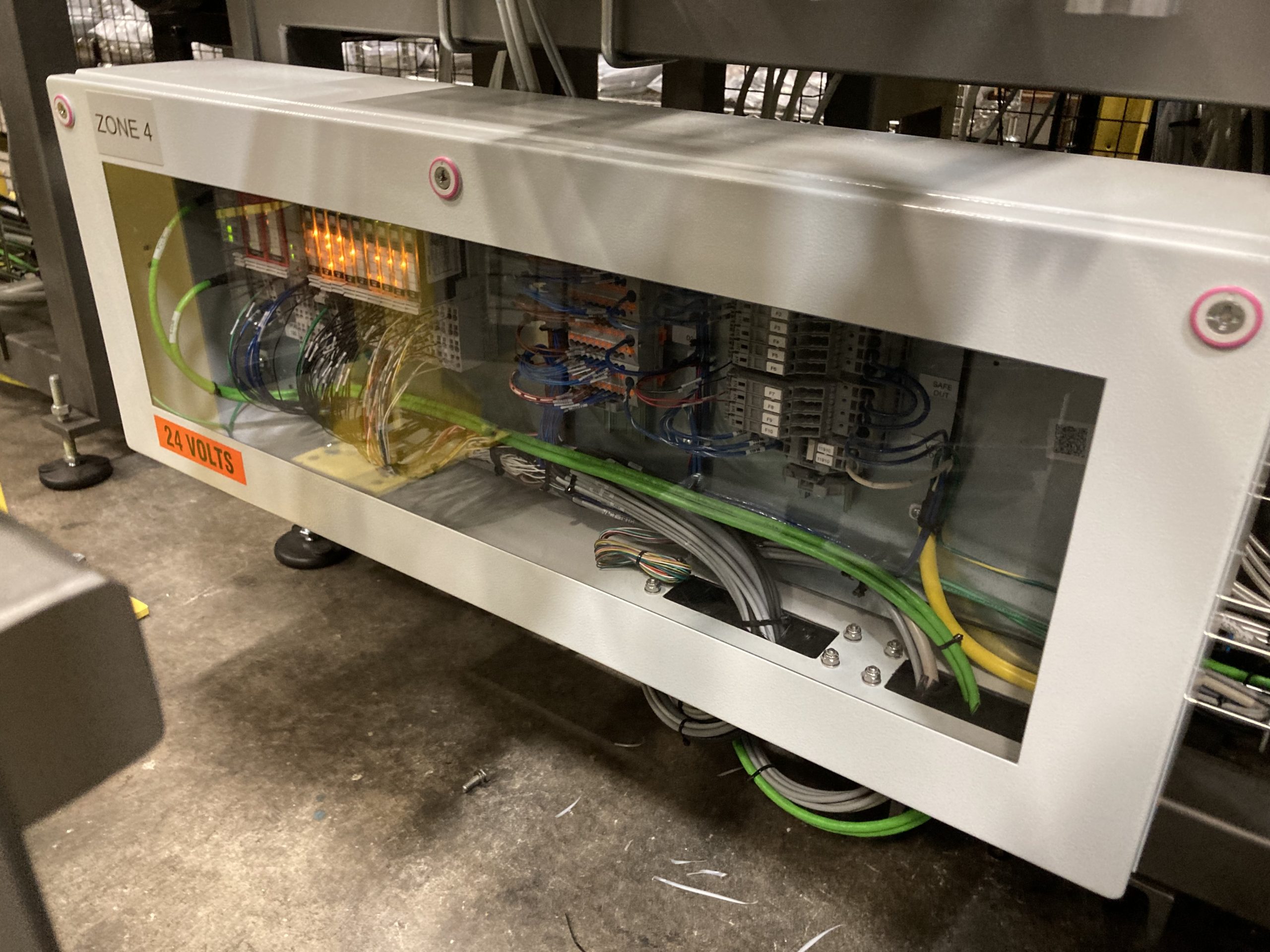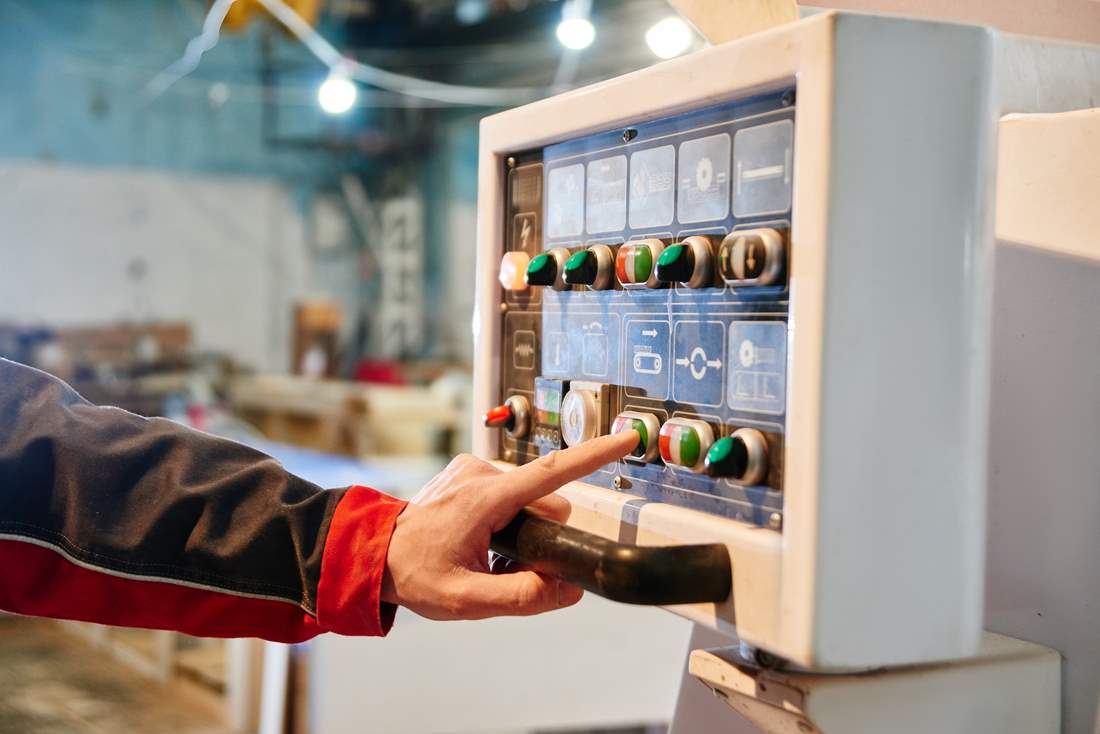Five Control Panel Building Considerations to Know
At Precision Automation, one of our primary services is building customized electrical control panels for our customers’ unique needs. With years of experience strengthening our design and building techniques, Precision Automation is adaptable to the specific requirements of a wide range of industries and environments. To ensure excellence in every control panel we build, our team communicates and partners with customers to precisely define each design requirement. Having walked our customers through countless projects, here are five of the most essential factors to consider when planning a control panel build.
Control Panel Enclosure Types
When it comes to control panel builds, the outer protective enclosures are just as essential to the final product as the inner electrical components. When designing these projects, there are various electrical enclosure types to choose from. The National Electrical Manufacturers Association (NEMA) classifies these enclosures according to the environments in which they are qualified to perform.
For non-hazardous environments, Precision Automation is able to cost-effectively build NEMA Type 1 enclosures for control panel builds. For environments that pose a greater threat for excess moisture, NEMA 2 enclosures can be built with additional layers of protection against water. The most thorough enclosure for harsh outdoor environments is the NEMA 3 enclosure type, which guards against more extreme weather conditions. Explore all of your control panel enclosure options with Precision Automation’s building team.
Panel Sizing and Component Spacing
Just because a set of electrical components technically fit on a panel does not necessarily guarantee that they will operate properly. When ill-placed components do not allow for proper horizontal spacing, it drastically affects the heat dissipation of power components. When you instead utilize larger panel sizing and ample component spacing, the system benefits from the ability to add power distribution breakers and terminals, PLC racks, I/O terminals, and more as needed. Of course, oftentimes projects require space efficiency, which is why it is important to partner with a control panel builder that finds the best balance between ample spacing and compact design.

Safety and Regulations
One of the most critical factors to consider during a control panel build is safety. Depending on industry applications and uses, there are specific regulations that must be followed during the design stages. The following codes and standards are the most common regulations that Precision Automation encounters during control panel builds.
- UL 508A
- UL 698A
- NFPA 70
- NFPA 79
As the leading experts in control panel building, Precision Automation is able to guide our customers through different industry regulations that apply to their projects if needed. If you are interested in learning more about control panel safety, we will gladly get in touch with your team and answer any questions you may have.
Power and Circuit Protection
Related to electrical safety, control panel projects also must assess proper power and circuit protection measures during the design phase. Precision Automation’s comprehensive quality control measures are key to implementing proper circuit protection. By conducting full-load calculations and facility power supply, our team is able to determine everything from the number of amps needed to the various voltage types.
Building for Future Control Panel Maintenance
One final factor to consider during control panel designing is control panel maintenance. After the custom control panel has been built, continual maintenance and preservation is required to ensure durability, whether by keeping pests away from electrical components or clearing out dust build-up. During control panel building, the project can be designed with this maintenance in mind, making the continual upkeep an easier process for our customers.
Partner with Precision Automation for Control Panel Builds
While control panel manufacturing is a complex process, it becomes simple when you partner with a manufacturer with ample expertise. By understanding the stringent rules and regulations of our industry, Precision Automation is able to build and design the most cost-effective, yet still very robust, control solutions.
